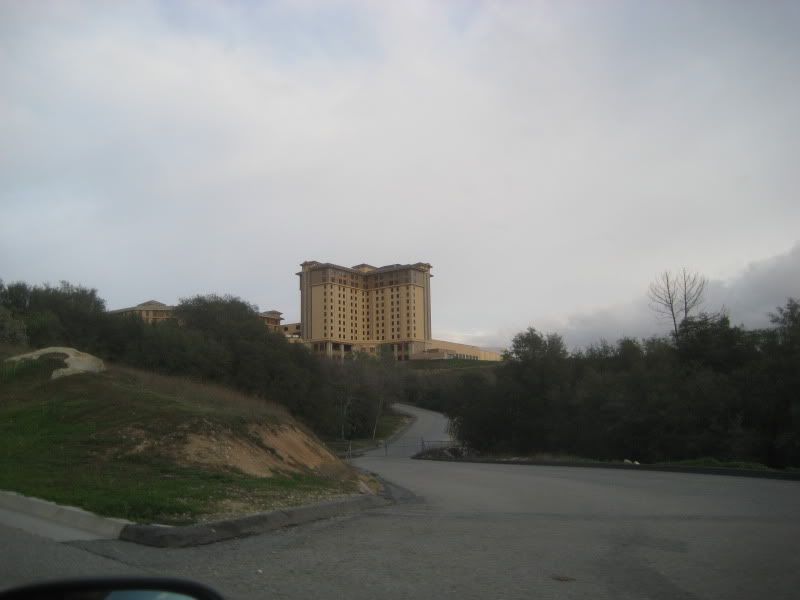GW2500
Senior Member
- Joined
- Jan 11, 2008
- Messages
- 1,088
- Reaction score
- 119
Thanks, in a world of 7 billion, where there are millions of victims, and millions of perpetrators, one must get macro and prioritize.
IMO a Casino would be sucessful and do more good than harm. If the two in CT (with not much around them) can bring in crowds, how can one with more amenities, attractions, and people near by not? I guess I just like the idea of Boston adding more VIP and high-roller-ness into the mix. And even if it fails, how is that different than a big company going out of business? You would want any other big company to come into town and try to be sucesful. If shit happens then you deal with it then and eventually redevlop. But if Boston really wants to retain the young profesionals we need to be less sleepy and offer even more adult entertainment.
IMO a Casino would be sucessful and do more good than harm. If the two in CT (with not much around them) can bring in crowds, how can one with more amenities, attractions, and people near by not? I guess I just like the idea of Boston adding more VIP and high-roller-ness into the mix. And even if it fails, how is that different than a big company going out of business? You would want any other big company to come into town and try to be sucesful. If shit happens then you deal with it then and eventually redevlop. But if Boston really wants to retain the young profesionals we need to be less sleepy and offer even more adult entertainment.

